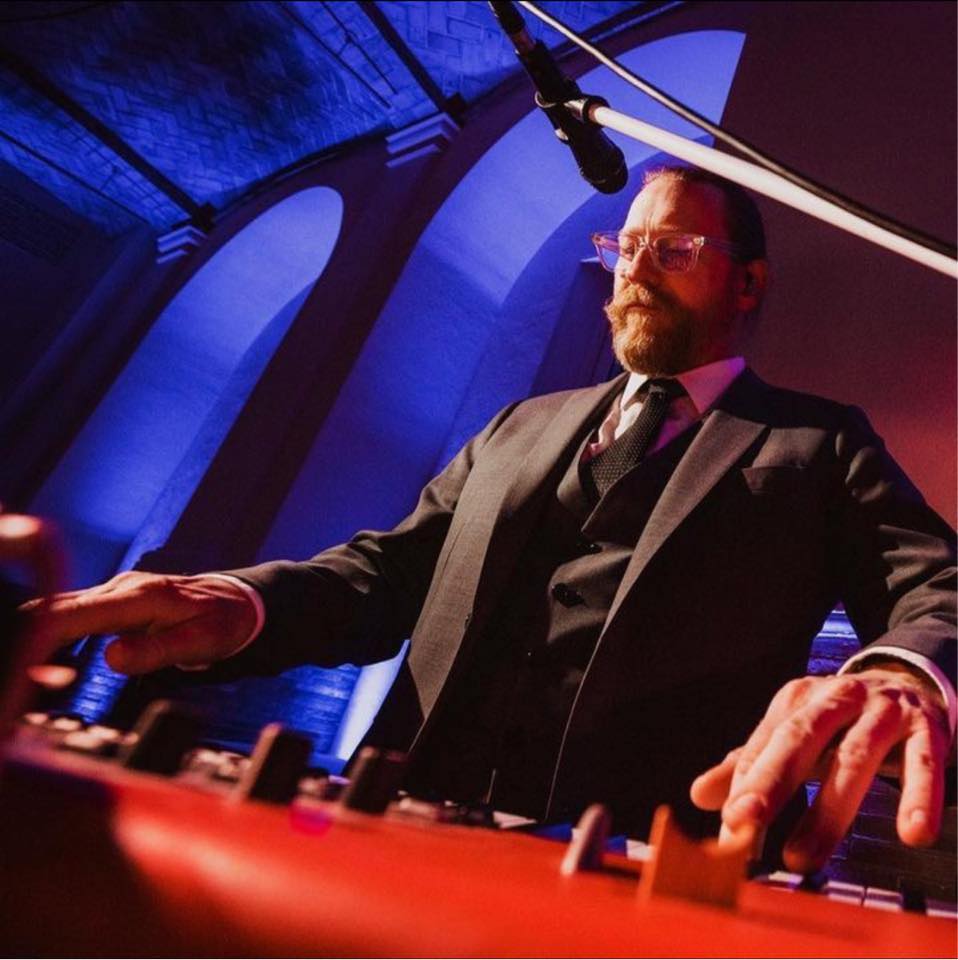
Music is a universal language, effortlessly bridging gaps in society's fabric.
Yet, within this vast ocean of rhythm and melody, how do you stand out?
How do you leave a sonic footprint that resonates with your audience long after the music stops?
Let's dive into the art of carving your unique sonic signature.
The Art of Discovering Your Sound
Imagine a baby bird, fresh out of the nest, exploring its flight path.
Discovering your sound is much the same. It's about tapping into the unexplored, letting curiosity guide you. Only through personal exploration and experimentation can you start to scratch the surface of your distinctive sound.
Remember those tunes that give you goosebumps? The ones that speak directly to your soul?
They do so because they resonate with something deep within you.
That’s your first clue.
Identify these influences, dissect what you love about them, and you're already on the path to discovering your sound.
But there’s a caveat: it's not just about copying what you like. It's about interpreting it, and adding your unique perspective to the mix.
So, envelop yourself in a conducive environment, stimulate your senses, let creativity flow like a river, and watch as you begin to shape your sonic signature.
Top 3 Methods to Identify and Develop a Unique Sound
Exploring Different Genres
Do you remember the first time you tasted sushi? Or the first time you experienced a crisp winter morning?
It's in the unknown where we discover hidden parts of ourselves.
The same applies to music. To mold your sonic signature, you must explore musical horizons far beyond your comfort zone.
Sure, you might be a rock enthusiast, but have you felt the soulful tunes of blues or the intricate rhythms of Afrobeat?
You might just find elements that resonate with you.
Embrace these alien genres and incorporate their essence into your sound. You'll be surprised how this cocktail of influences can concoct a truly unique sound.
Experimentation and Practicing
Rome wasn't built in a day, and your unique sound won't be either.
It takes countless hours of practice and a truckload of failed experiments.
But isn't the Eiffel Tower's beauty magnified by knowing it was a result of continuous trials, testing, and refinement?
Practice refines your skills, yes. But more importantly, it gives you a playground to try new things, to explore different melodies, harmonies, and rhythms.
It's this exploration, this fun-filled experimentation, that will shape your unique sonic signature.
Finding and Developing Your Voice
Your voice is like your fingerprint - unique, distinct, irreplaceable.
But are you leveraging this inherent uniqueness?
Sure, you can play the guitar like Hendrix, but can anyone sing exactly like you?
That's your ace in the hole.
Developing your voice doesn't necessarily mean enrolling in singing lessons. It's about being comfortable with your natural voice, understanding its strengths and limitations, and using these to your advantage.
It's about embracing your uniqueness and painting your sonic canvas with your distinct colors.
Four Key Elements Defining Personal Style in Music
Authenticity
It's no secret that originality stands out. There's a reason why the Mona Lisa is more revered than its countless imitations.
Authenticity in music is your palette, your paintbrush, and your canvas. It's the raw material that shapes your sound.
But how do you ensure authenticity?
Simple. Be you.
Let your music reflect your thoughts, your feelings, and your experiences. Let it be an extension of your personality. And watch as your unique sound begins to take shape.
Emotion and Passion
Have you ever noticed how you can feel the pain in Adele's voice when she sings "Someone Like You"?
That's the power of emotion in music. It connects with the listeners on a deeper level. It's what turns music from mere sound waves into a shared experience.
Passion and emotion are your secret ingredients.
Incorporate personal stories, infuse your feelings, and your music will not only sound unique, but it'll also feel unique.
Instrumentation
Why does an orchestra sound different from a rock band?
It's the instruments.
Your choice of instruments can dramatically shape your sonic signature.
A violin brings a different mood compared to an electric guitar, right?
But remember, instrumentation isn't just about traditional instruments.
Who says you can't use a xylophone or a didgeridoo?
In this realm, you're only limited by your imagination. So, experiment with different instruments and find your unique blend.
Production Techniques
In the age of digital music, your laptop can be just as important as your guitar.
Innovative production techniques can bring a fresh twist to your music, defining your sonic signature.
Ever wonder how Bon Iver creates his ethereal soundscapes or how Skrillex's drops send shivers down your spine?
It's all in the production.
So, harness the power of technology and sculpt your unique sound.
Three Inspiring Stories of Musicians with Unique Sounds
Jimi Hendrix
Hendrix didn't just play the guitar; he made it sing, scream, and weep. His unique use of guitar effects and techniques, combined with his raw emotion, revolutionized rock music. He's the perfect example of how authenticity and exploration can create a unique sound.
Björk
Björk is in a league of her own. Her eclectic mix of genres and her experimental approach make her music instantly recognizable. She's the epitome of musical exploration and serves as a beacon for artists looking to carve their sonic signatures.
Kanye West
Love him or hate him (and you should hate his antisemitism!) – you can't deny Kanye's sonic influence. His innovative production techniques and constant evolution have kept his music fresh, making his sonic signature a moving target. Kanye shows us that a unique sound isn't static; it evolves with you. (And I hope his beliefs evolve.)
Conclusion
Creating your unique sonic signature is a journey, one filled with exploration, experimentation, and evolution.
It's about understanding your influences, finding your voice, and letting your authenticity shine through.
It's about evoking emotion and embracing innovation.
So, take the first step. Let the world hear your unique sound.
FAQs
1. What is a sonic signature?
A sonic signature is your unique sound that sets you apart in the music industry. It's the combination of influences, styles, and techniques that make your music distinctly yours.
2. How can I develop my unique sound?
Developing a unique sound involves exploration and experimentation. It's about understanding your influences, broadening your musical horizons, practicing continuously, and finding your voice.
3. Can production techniques influence my sonic signature?
Absolutely. Production techniques can add a fresh twist to your music and help shape your unique sound.
4. How important is authenticity in creating a unique sound?
Authenticity is crucial. Your music should be a reflection of your personality, thoughts, and experiences. This is what will make it stand out and resonate with your audience.
5. Can my unique sound evolve over time?
Yes, your sound can and should evolve over time. As you grow as a person and as a musician, your sound should reflect these changes. Kanye West is a great example of this evolution.

